It is something that no ship can sail without.
Drydocks surveys, statutory surveys, ship building, ship repairs, ISM, ISPS surveys. You will deal with Classification Society of the ship during all these and more.
If the classification society is so much connected with the ship, doesn’t it make necessary for us to know everything about how it works?
In this post, we will discuss 5 terms related to the classification society of the ship.
Let us get started.
1. Class notations
When a master or chief engineer joins the vessel, this is one of the first things that they must look at. The class notations of the vessel.
Where can we find the class notations and what are these for?
Class notations are mentioned in the “certificate of class” of the vessel. These notations are the symbols that signify the standards to which the ship is built.
For example, we want to know if the ship is constructed and strengthened to navigate ice areas.
Where can we find this information? We can look at the class notations in the certificate of class.
We want to know if the ship is built for the UMS operation. Where can we look?
Did you get that right? Class notations !!!
It is so important that ship’s officers understand the construction capabilities (and limitations) of their ship. At least the master and chief engineer must be aware of that.
For example, a ship may have all the elements required for operating the engines on UMS mode. But if there is no UMS notation in the “certificate of class”, it would be a crime to leave the engine room unmanned.
Different classification societies can have their own ways of denoting the class notations. But all have a somewhat similar pattern.
Here are the rules regarding class notation from few of the classification societies
Let us see a class notation of a real ship.
Main class notation (1A)
If a vessel is given the main class notation, it means that the ship’s hull, machinery, and equipment complies with the rules of that classification society.
If the vessel is changing the classification society, the main class notation will also be given if it complied with the rules of the previous classification society.
The whole idea of this notation is to show that ship complies with the construction rules of a classification society.
Tanker for oil and chemical
This denotes the type of the ship. As per this class notation, the ship is built for carrying the oil and chemical cargoes in bulk.
This means that the ship is designed and constructed as per point 5 and chapter 5 & 6 of the class rules of this classification society.
BIS
This class notation denotes that the ship is allowed for the in water survey of the hull and does not need to be dry docked every 2.5 years.
BWM(T)
This class notation is related to the ballast water management on board the ship.
The letter “T” means that ship is fitted with a ballast water treatment plant that complies with the rules of this classification society.
So if you see this class notation, check if the vessel is actually fitted with the ballast water treatment plant?
Clean
This class notation signifies that ship is built to comply with all the relevant requirements of MARPOL.
COAT-PSPC(B)
This class notation signifies that vessel is built to comply with various IMO requirements related to the tank coating.
These IMO requirements are
IMO Resolution MSC.215(82) related to the performance standards of dedicated seawater ballast tanks
Crane
This class notation signifies that the ship is fitted with a crane that is certified by the class.
CSR
CSR means “common structural rules”. CSR class notation means that the ship is designed and built with IACS common structural rules.
Read more about IACS common structural rules.
E0
This class notation signifies that ship is designed for UMS operation.
ESP
This class notation means that vessel is subject to the “Enhance survey program”. If the vessel has this class notation, the master must look for and locate the ESP file onboard.
TMON
The presence of this class notation means that this ship is designed in a way that allows the ship staff to monitor the condition of the tail shaft.
VCS(1)
This class notation means that ship is fitted with the vapor control system on board as per IMO MSC/Circ. 585.
if the vessel has this class notation, the master must also check and locate the approved VECS manual.
2. Class survey status report
The class is involved with almost every aspect of the ship’s certification and surveys. And there are tons of surveys that a ship is subjected to.
All these surveys and audits are carried out by classification society of the vessel.
There are more than 400 items (including CMS items) that need to be monitored by the vessel or the shore staff for maintaining the class of the vessel.
How can the ship staff and the shore management keep track of all these items?
To help track these survey and audits, class issues a report called “class survey status report”.
This report is emailed each month (or the interval set by the management) to the email id provided by the shore management.
The report can also be downloaded from the classification society’s website after login with the credential provided by the class.
To download the survey report if DNVGL is the vessel’s classification society,
Go to the website page of DNV-GL and click on my DNV GL
Next, enter the login details (email & password) to login to the DNV GL account.
This will take you to the dashboard. If you are logged in as a shore manager, you will see all of your ships. You can then choose the ship for which you wish to download the class survey report.
Some companies may allow the access of the ship’s data to the master of the ship. In this case, you will only see one ship.
Once you are on the ship’s data page, click on the “actions”.
You will see the option to download the “class status report”. Click on this option to download the “latest class status report”.
This class status report gives details of all the survey due and expiry date of all the statutory certificates.
3. Class memorandum
Memorandum to the owners are the notes from the class of the vessel for the ship owners.
Memorandum is important information related to the hull, machinery, equipment issued to the owners by the class that does not require any corrective action.
Memorandum can contain any information that classification society wish to highlight to the owners for future use.
But in general, memorandum will be issued in following cases
- exemptions or accepted deviations from rule requirements
- limitations on the use of the ship or its equipment
- defects or deficiencies of no concern to class
- deleted class notations
- equipment in excess of class requirements disused
- information related to agreed survey arrangements.
Let us quickly discuss these conditions of issuing a class memorandum.
Exemptions or accepted deviations from rule requirements
Let us say there is a dent on the ship side that is not acceptable as per the class rules.
It is however not possible for the ship owner to repair that dent because of time constraints.
Ship owner requests the classification society for the alternate arrangements. Classifications society allows the ship owners to strengthen the dent area from inside the ballast tank by placing additional stiffeners.
This is a deviation from the rule requirement but accepted by the class. But this will be written as the class memorandum to the ship owners.
Defects or deficiencies of no concern to class
There may be defects or deficiencies that are within range of the classification society rules.
For example, there may be a dent on the ship side that is within the range of the classification rules and does not require to be repaired as per the class rules.
But the class of the vessel may want to highlight this dent to the ship owner. Classification society, in this case, will mention this dent as a class memorandum.
Information related to agreed survey arrangements
Classification societies also like to highlight the forthcoming new survey requirements that ship owners must be aware of.
For example, classification societies may like to post a memorandum to the ship owners about the “Ballast water treatment plant” requirement at first renewal survey after September 2017.
Important note about class memorandum
So far I have said that there is absolutely no corrective action or survey required for a class memorandum.
That is correct in a true sense.
But there are some bad class memoranda. These are the ones that third parties do not want to see for a ship they are involved with.
Who are these third parties?
- Charterers, who do not want to take any chance with the safety of their cargo
- Oil majors, who do not want to associate themselves with a ship that has some structural defect or damage
One example of such bad class memorandum is a dent on the ship side which is within the acceptable limit.
Master of the ship should equally be concerned about any such class memorandum related to the structural damage.
But where do we find class memorandum, if any? It is there in the class survey status report.
4. Condition of class
It is hard known fact that vessel cannot sail with major defect related to the structure, machinery or equipment.
Certificate of class is issued to the vessel after verifying all these elements.
But what if a machinery or an equipment become defective or vessel sustains a damage and there are no resources available to rectify this immediately.
For example, look at these situations
- Main engine governor becomes defective. Spare parts and technician are available only at next port or after few days. Main engines, in this case, can only be controlled from the emergency station.
- Vessel sustains hull damage because of a collision incident. The repairs are only available at a port that is a few days away from the present location.
What can be done in this situation? Ship need to trade.
The first thing that is required is the presence of a class surveyor who will assess the damage or situation.
After assessing the situation, he may suggest some temporary measures and allow the vessel to sail for a certain period with these temporary measures.
In this case, the class will issue “condition of class” to the vessel.
Master’s actions on receiving a “condition of class”
Believe me, though class and flag of the ship may allow the ship to trade for few days with “condition of class”, it is something that is not good for the ship.
The first duty of the master on receiving a condition of the class is to let the whole world know about it. At least the to the people connected with the ship.
Because they would know it anyway.
If you have an oil major cargo on board or you are bound to or from an oil major port, the ship will not be allowed to move an inch with this “condition of class”.
Same could also be the case with some charterers. So it is important to make sure that all of them are made aware of this “condition of class”.
On receiving this notification from the master, technical department of oil major may contact the master over the phone. Be prepared for questions like
- What temporary measures has been taken by the vessel apart from those suggested by the class?
- Do you feel that it is safe to sail the ship with this condition of class and with these temporary measures?
If the master’s answer to the second question is No, oil major won’t allow the ship to sail for obvious reasons.
If the master’s answer to the second question is Yes, be prepared for the follow-up question. Why do you feel so?
Though the master is legally allowed to sail the ship with the condition of class, it is important for the master to ask this question to himself even if no one asks him.
Is it safe to sail the ship with these temporary measures and with this condition of class?
5. Class Reports file
If you already have few grams of sea salt in your blood, you must have come across some of the class surveys.
After completing the class survey and before leaving the ship, what documents do the class surveyor give to the master?
It is the
- Order confirmation; and
- Survey statement
Order confirmation is the confirmation from the shipowner (or manager) to conduct the survey. That is not so much important.
But the survey statement is an important document. Survey statement is the report of the outcomes of the survey carried out.
These reports need to be filed adequately in “class report file”. The blank file is generally provided by the class.
The idea is to have a file that gives the history of the ship’s hull, machinery, and equipment.
On tankers, this file is one of the checking points for the vetting inspectors.
If you do not have all the survey statements in the file, you ask your company to download and send the survey statements from class website.
If the company allows the ship to access the class website with ship’s email id, you can log in to the website and download the missing survey statements.
For example, if vessel’s class is DNV GL, you can log in to my DNV GL account. Then go to the vessel details page by clicking on the name of the vessel.
One on the vessel’s detail page, go to “Documents” and then “Survey statements”.
This will give all the survey statements of the surveys carried out by the class in the past.
Click on the one that you wish to download and the survey statement will be downloaded.
Conclusion
Classification society of the vessel is involved with almost all the surveys and audits of the ship.
Classification societies use different terms to document these findings. Ship staff must be aware of these terms to understand the seriousness of the data under these terms.
Have you come across any other term related to classification societies ?
Share this:

About Capt Rajeev Jassal
Capt. Rajeev Jassal has sailed for over 24 years mainly on crude oil, product and chemical tankers. He holds MBA in shipping & Logistics degree from London. He has done extensive research on quantitatively measuring Safety culture onboard and safety climate ashore which he believes is the most important element for safer shipping.
Search Blog
22 Comments


Great blog. You have explained some difficult to understand areas in simple words and examples which are very informative. I had some doubts in this topic and most of them got cleared. Can you please mention where I can find class requirements and flag state requirements on board? Is there any file or document?

I hope this would help. <a href="Where can I find class requirements onboard?" target="_blank" rel="nofollow">Where can I find class requirements onboard?</a>

Sir in case of Condition of class, Is original class certificate is being replaced by condition of class by class surveyor or it is given in addition to the class certificate??

No.. even with condition of class, class certificate remains valid. As the name suggests the class certificate is valid but with a condition. Condition can be something like “dent on port side need to be repaired within 14 days”

I am working at Khafji Joint Operation in Saudi Arabia. We have several vessels owned by the company. These vessels are certified by ABS. The certification will be expired soon and we need to renew it. If we approached other societies than ABS, is there any potential that we need to modify the vessels to match other societies criteria.

ABS is the member of IACS which sets the common standards for all the classification societies that are members of IACS. So if you need to change the class of the ships that are already classed with ABS, most likely the ships already comply with the requirements of the new classification society that you would choose. So there would most likely be no need to modify the vessel in any way.

Sir I read your blog very nice . Cleared my most of doubts . Sir I want to now about the difference between dispensation given by flag and condition of class

Hi sir, can you explain what is recommendation of class. Does it differ from the condition of class and memoranda? thanks in advance!

i like you posts please i would like to get all for my knowledge thanks

Sir, thank you very much for such an informative article. I still have a doubt regarding the Certificate of Class. My question is that what all surveys are required actually for the Certificate of Class? Is it only intermediate and renewal survey ? Or do we need to undergo annuals as well. Sir, kindly clarify my doubt.

Interesting topic sir.. i would like to seek opinion from all marine community here on what is class items and what can be consider as not class items. As for example if we are going to install a new machinery onboard for example a welding machine it is class required to be made known. Perhaps most of us might have the impression yes since it is going to be some wiring modification needed etc however some might say the other way round. Therefore it boils back to either it is a class related or not .. looking forward for some brief explanation. Thank you mariners where ever you are ..

Is Outstanding recommendations in NKK same as condition of class

Great blog. You have explained some difficult to understand in simple words and examples which are very informative. Thanks

This was very informative sir. But please tell me sir, what is the difference between dispensation letter and the mentioned condition of class. I thanked you already sir.

nice blog sir

This is very informative to me Sir.Understand clearly about Memorandum and Condition of class as you explain in simple words.Thank you very much indeed Sir.

Thank you for providing such great information. Please find the details below for uk class 2 coc

Dear sir, Pls kindly help me to define herwith: A1, AH, Offshore support vessel (FFV 1, OSR-C1, Supply-HNLS), TOW, AMS, DPS-2 Looking fwd return wz thanks HOANG (Mr)

Could you please tell the difference between Condition of Class and Class Dispensation? Thank you in advance.

Port To Port Distance

Please keep a button to delete comment. so that a person can delete his comment if he wants
Leave Comment
More things to do on myseatime
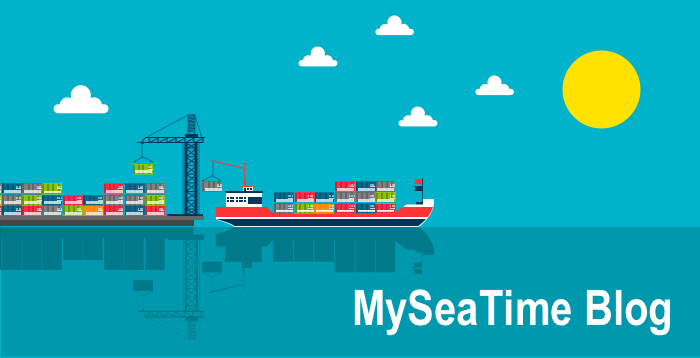
MySeaTime Blogs
Learn the difficult concepts of sailing described in a easy and story-telling way. These detailed and well researched articles provides value reading for all ranks.

Seafarers Question Answers
Ask or answer a question on this forum. Knowledge dies if it remains in our head. Share your knowledge by writing answers to the question

MySeaTime Podcast
This podcast on the maritime matters will provide value to the listeners. Short, crisp and full of value. Stay tuned for this section.


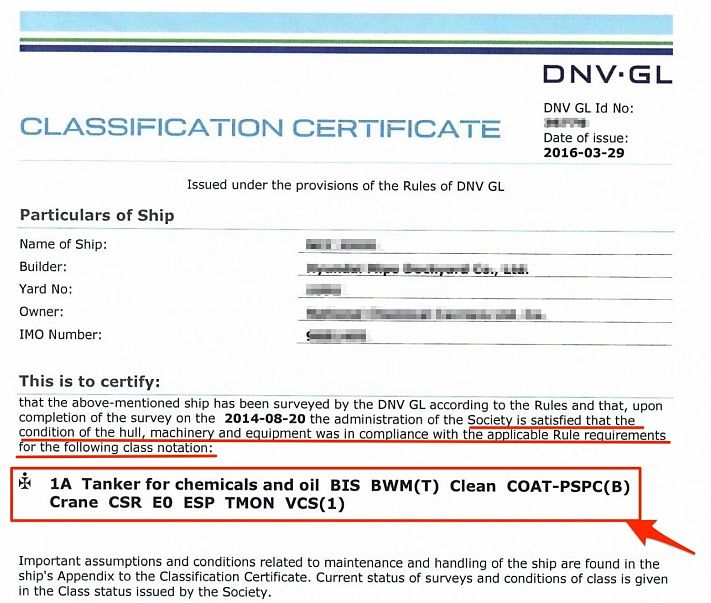
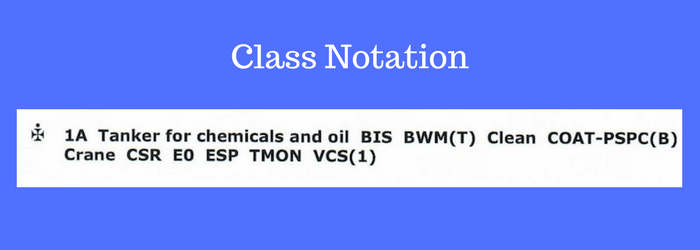
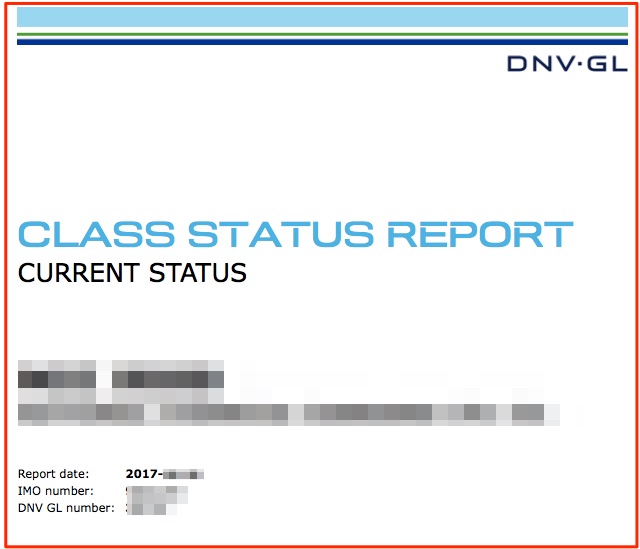
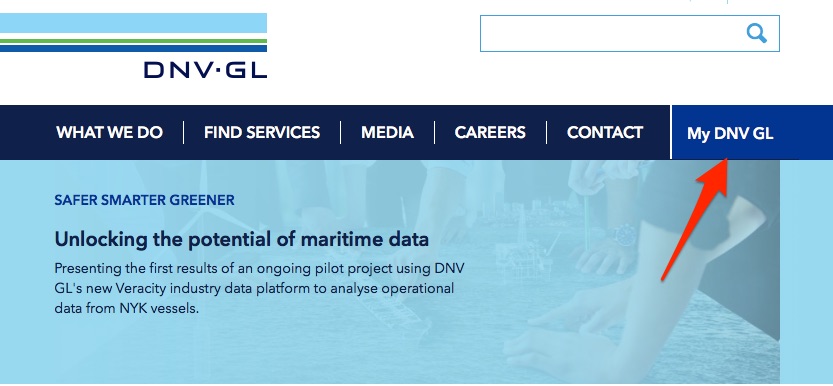
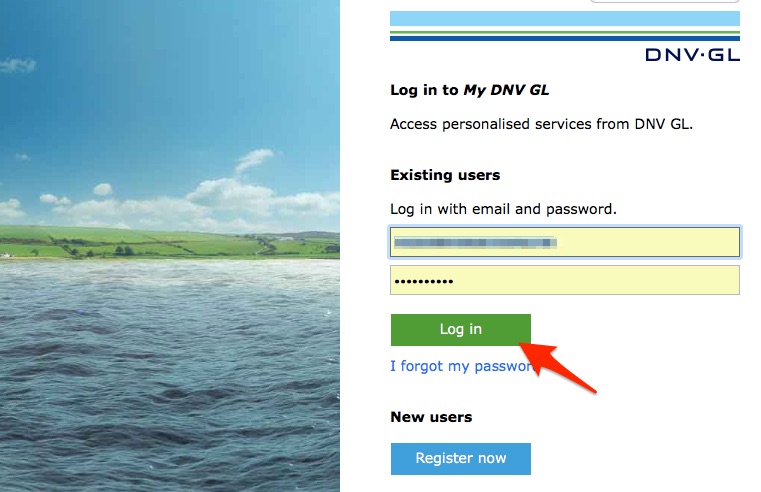
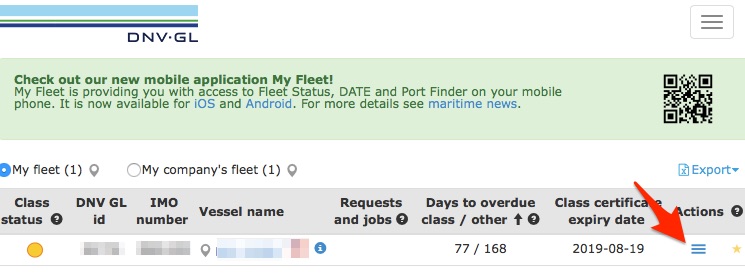
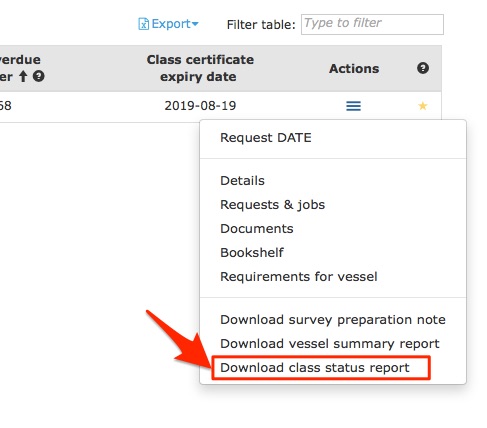
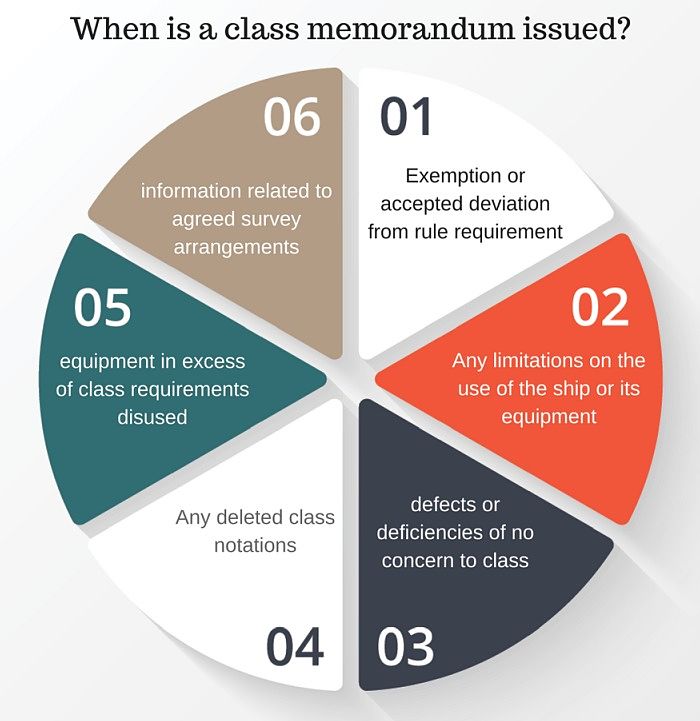
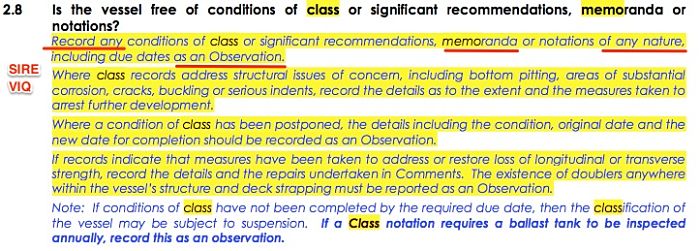
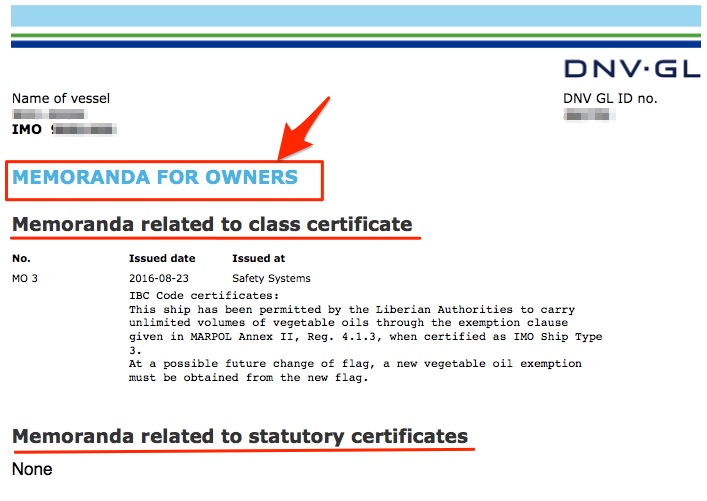
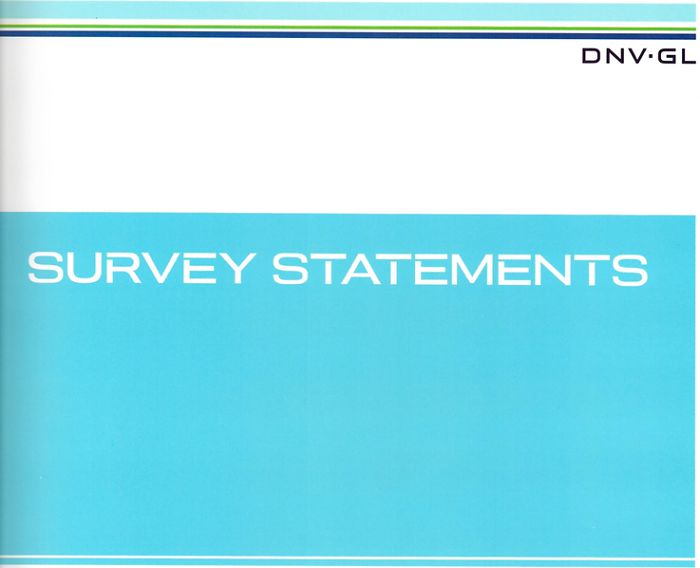

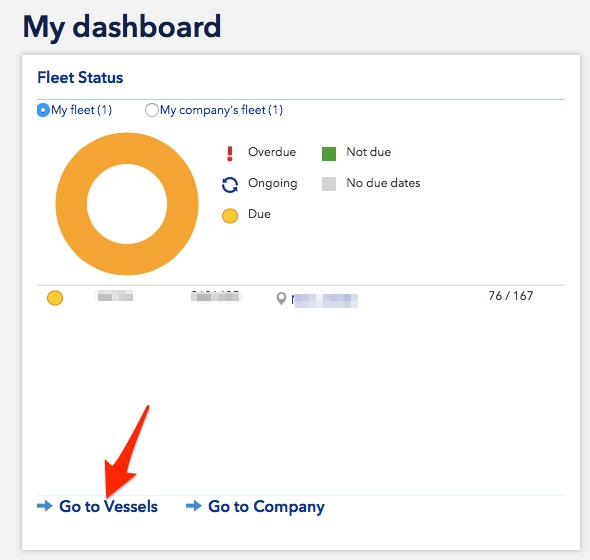
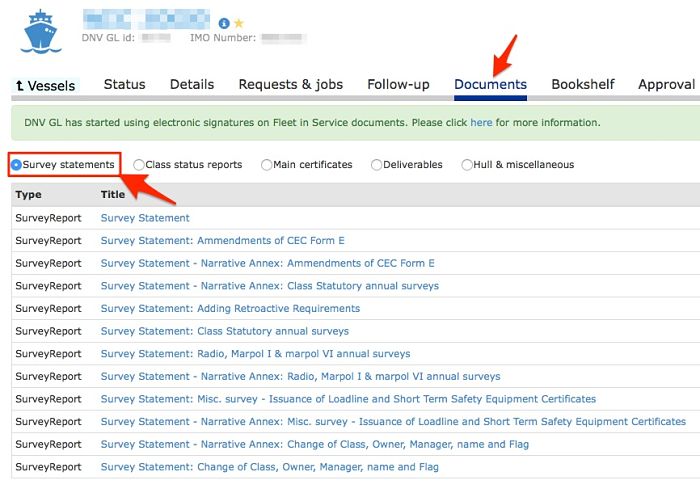
Good day sir, is there any difference between COC and Recommendation